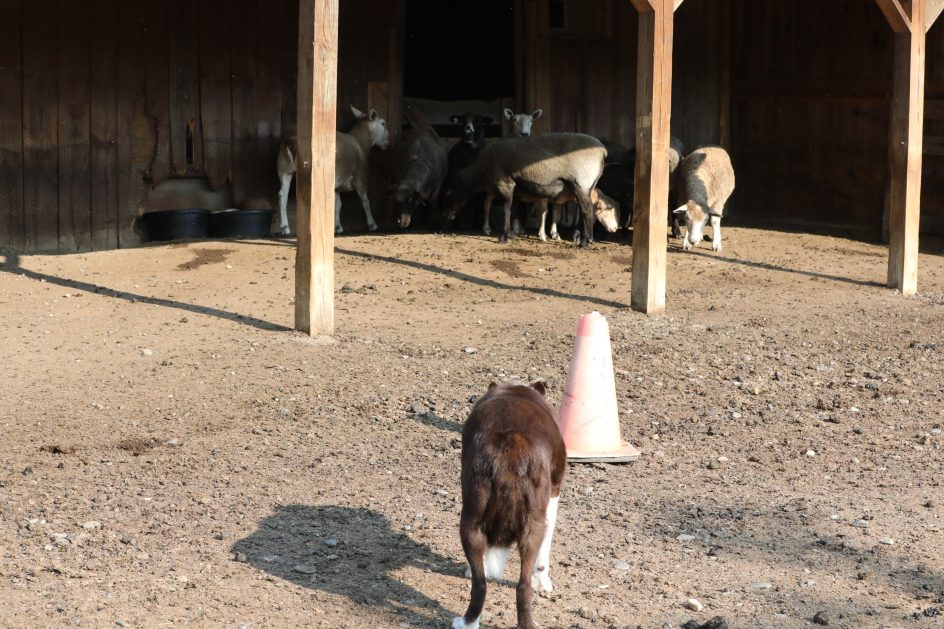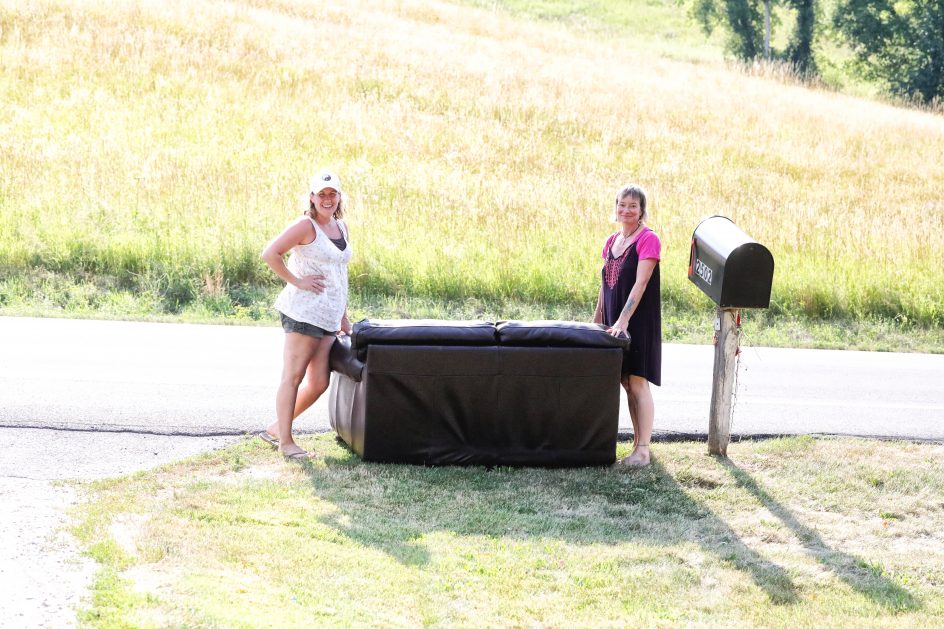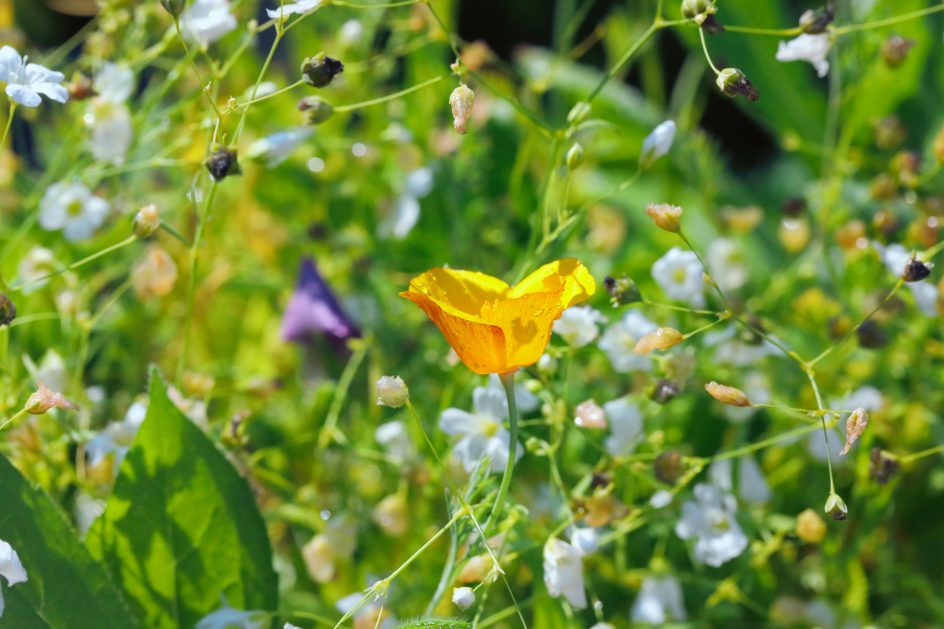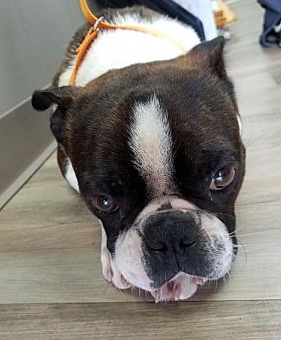Death, I believe, is something you see very clearly with eyes in the center of your heart, something that appears as a kind of chill emanating from within the marrow of your own life. There is a sadness to it, but much more than that.
It is a profound and transformative thing, it ends something and begins something, it changes more lives than one.
Like so many of the people reading this (or not reading this), I know a lot of people who are, as the media loves to say “battling cancer” in one form or another.
Four of my friends have cancer, two of them are terminal and untreatable. I have been writing regularly about Ed Gulley, a close friend who is one of those people.
All of them are thinking about death and trying to figure out how to feel about it and deal with it. So are their families. In recent years, I have done a lot of hospice and elder care therapy work with my dogs – Lenore, Izzy and Red.
I have seen a lot of people die and prepare to die and learned a lot about it, and given all that and the fact that I will be 71 years old in a few weeks, I have been giving it some thought.
I want to pass along what I am thinking, it might or might not be useful to others. Please keep in mind that I never tell other people what to do, or surely, how to die, or judge others for how they choose to do it.
I can only share what I am thinking about it and some of what I have learned.
I do this from time to time, the response is always intense and appreciative. In our world, death is a secret, kept by a vast conspiracy of politicians, the media, our popular culture, doctors and insurance companies. The only deaths we seem to talk about are the ones that are violent and horrible.
Death is perhaps the one thing we all have in common, there is no left death or right death, death does not discriminate against races or faiths, or between refugees and the native born. This is the one place we are all going. I believe we do have something to say about it, if we wish to have something to say about it.
Cancer is not a war, dying is not a battlefield. There is only one victory when there is a terminal illness, it is never the human who wins. It has always seemed wrong to me turn this most spiritual of passages into a bloody conflict, a test of wills and strength.
I see in this work with cancer and other illnesses that the language of illness is often quite literally the same as the language of war, or even of sports, it is described as a great contest of faith, strength and will. In my mind, that is a hard way to go.
Many people see it that way. I have noticed that more people fear dying poorly or painfully than fear death, and far motr people fear doctors and the health care system than fear dying.
There is this powerful culture and social – and perhaps corporate – impulse to fight death at every turn, to prolong it for as long as possible, by any means and at all costs.
Very few people are accorded the natural and peaceful death they would choose, if they were given a choice. I think the language and symbolism of death is important. My idea when I am confronted with death is to bow to it, stand back and accept it. I hope it will be a spiritual moment, not another human argument.
The greatest gift I can offer the dying is to do nothing, to simply be present, to let them die in peace and in a shroud of compassion and love. Because there is nothing, really, that I can do. I am not God, I am nothing.
I surely cannot defeat death or turn it away, all I can do is whatever I can to shorten and ease the suffering.
I hear people all the time describing the sick as courageous, noble, brave. This is a high bar for the dying, to be heroic as well as sick.
I hear them described as fighters, as warriors “battling” or “fighting” or “standing their ground” against death, I hear sick people told they are not “quitters” and encouraged to become symbols and inspirations to others, to fight as hard as they can for as long as they can to stay alive, mostly because the people who love them want them to stay alive and often because they don’t wish to harm the people they love.
More baggage to carry. We seem to see death as another TV show full of maudlin and predictable story lines.
I can say without hesitation that no one “battles” terminal cancer or successfully goes to “war” against it. Terminal cancer takes no prisoners and makes no compromises.
There are plenty of cancer survivors, more and more all the time, there are all kinds of different cancers and all kinds of different treatments. And surely, there are miracles. But that is not the fate of most people who are dying. Mostly, they die.
At its most extreme, cancer is relentless and implacable, especially when it converges with aging.
I’ve seen that illness itself and the struggle to live does not confer glory on its victims, some deaths are easy, some are hard, but few are pretty or as simple as the death we see in the movies or on TV, when we see death at all.
Often, I see the dying being praised for not dying, or for hanging on, or for “fighting” as hard as they can. That, I think, is the hardest way of all to die, and one of the cruelest, because it suggests that dying only comes to the weak and the cowardly.
Families and caregivers often praise the sick for hanging on, and urge them to take their medicine, eat more, be strong, get up, try this, try that, to fight and fight and fight. Although there are many myths about miracles and death, the truth is different.
I’ve read recently that more and more terminal cancer patients are declining chemotherapy and invasive surgeries and other treatments, they reject more pain and suffering for the promise of more time, regardless of the quality of life. They have heard and seen enough, they are thinking about how to die.
More and more people are choosing to die by simply refusing to eat rather than subject themselves to the tender mercies of the health care system, starvation is a legal and a personal way to take control of dying.
Acceptance, like love, is a powerful feeling. I believe it is by far the best and most humane approach to death.
My feeling about death is to fight it less and accept it more. That’s what grace in death is for me. Sometimes we can prolong life, we can never conquer death or run from it.
I can’t count the times that chronically ill people have clasped my hand when we are alone and told me in wrenching terms that they are tired and hurting and want to leave. I remember the many times they do leave when someone they love tells them it is okay, they can let go, they don’t wish them to suffer any longer.
They don’t want them to fight any longer. Hospice nurses hear this all the time.
There are no Hollywood stories in the realm of the dying, but there are peaceful and beautiful and meaningful stories, they are not all sad and sorrowful.
The ones I want to emulate are those marked by acceptance, not combat, by selflessness, not ego, by the needs of the dying, not the needs of the living.
At its most beautiful, death is a time of peace and connection and community, and of honoring and celebrating life.
It is a time of gratitude and appreciation for the good things it brought. Dying does not need to be a brutal struggle against life itself, a battlefield of medications, surgeries, treatments and disconnection.
In private, doctors will admit that they can never stop offering treatments hope and alternatives, it is what they do, it is what they are trained to do and told to do. Their job is to almost never to let go and accept fate. They do not – most of them – and cannot consider quality of life.
Death is not an attack on us, is an elemental part of life itself.
There is a one ironic benefit from the suffering that can accompany cancer and other chronic illnesses: it helps the dying to let go.
It makes them want to go and be ready to go. Fatigue and pain are powerful motivations. They embolden us to leave, and seek peace.
Generally, this desire has to be hidden from the people around them, which makes it so much harder. We are expected to fight, to be tough, to be warriors, to eat more, do more, to want to stay, and be so strong as to beat back even the worst diseases and cancers and heart failures.
To win the battle, or at least put up a fight worthy of the Trojans, it sounds sometimes like a small scale Super Bowl.
I hope that will not be the atmosphere focus of my death.
Maria and I have talked about death, and I told her that if she is in great pain and suffering, I mean to show my love for her one final time by letting her know that she can go when she needs to go, and I will not prolong her suffering in any way by enabling her to see her death as a form of combat and her determination to live a sign of strength and character.
I have no desire for her to live for me, but only for herself.
If she doesn’t want to eat, I won’t push her to eat, if she chooses to forego her medicine, that is her choice. I will call upon hospice as soon as I possibly can and stand back while they tend to her comfort and help her to die in the way what she wishes to die.
There is no beauty or heroism in prolonging suffering or pain, not in dogs, not in cats, certainly not in the people I love.
“Therefore will I trust you always though I may seem to be lost and in the shadow of death,” wrote Thomas Merton in a letter to his God about dying. ” I will not fear, for you are ever with me, and you will never leave me to face my perils alone.”
I think we all are somewhat lost and in the shadow of death. Laughter is the only cure for grief. Love is stronger than death.




